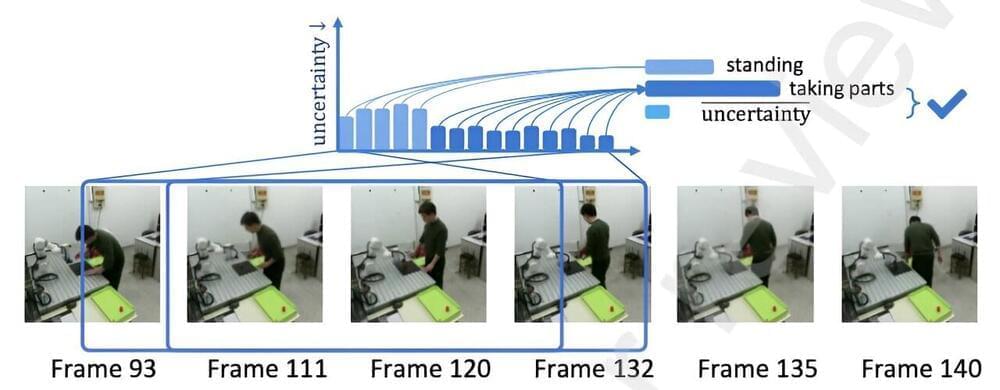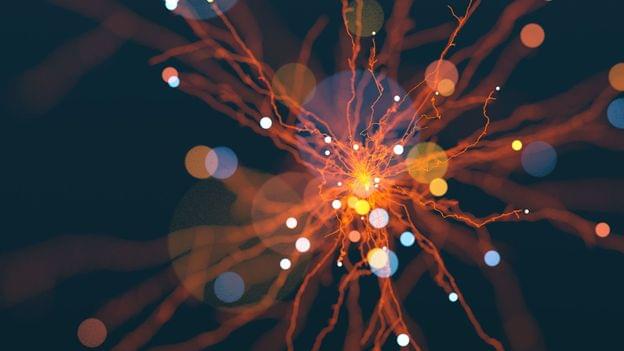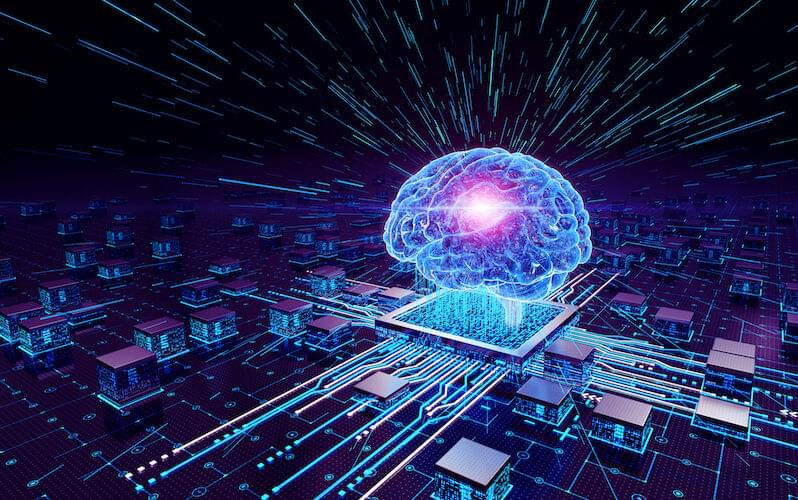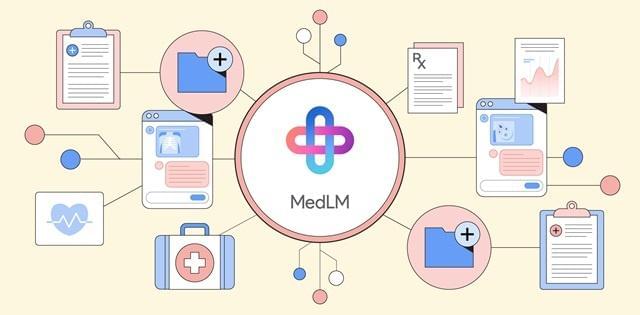If you think Tesla’s next generation bot, TeslaBot, looks good for no reason, then think again! Dr. Scott Walter and I go into the reasons that the way the new Optimus robot looks matter so much to the way it functions—and it’s pretty cool! Plus, Scott rants about the fraudulent copyright claims Univision laid on all TeslaBot videos!
Category: robotics/AI – Page 946

A digital twin system that could enhance collaborative human-robot product assembly
The digital twin system created by Zhang, Ji, and their colleagues creates a virtual replica of a scene in which a human and robot agent are collaborating.
Robotics systems have already been introduced in numerous real-world settings, including some industrial and manufacturing facilities. In these facilities, robots can assist human assembly line and warehouse workers, assembling some parts of products with high precision and then handing them to human agents tasked with performing additional actions.
In recent years, roboticists and computer scientists have been trying to develop increasingly advanced systems that could enhance these interactions between robots and humans in industrial settings. Some proposed solutions rely on so-called ‘digital twin’ systems, virtual models designed to accurately reproduce a physical object, such as specific products or components that are being manufactured.
Researchers at Nanjing University of Aeronautics and Astronautics in China recently introduced a new digital twin system that could improve the collaboration between human and robotic agents in manufacturing settings. This system, introduced in a paper published in Robotics and Computer-Integrated Manufacturing, can create a virtual map of real-world environments to plan and execute suitable robot behaviors as they cooperate with humans on a given task.

Google researchers make AI tech solve math puzzles “beyond human knowledge”
Artificial intelligence researchers claim to have made the world’s first genuine scientific discovery using a large language model (LLM), which is behind ChatGPT and similar programs. This signals a major breakthrough.
The discovery was made by Google DeepMind, an AI research laboratory where scientists are investigating whether LLMs can do more than just repackage information learned in training and actually generate new insights.
It turns out that they can, and the implications are potentially huge. DeepMind said in a blog post that its FunSearch, a method to search for new solutions in mathematics and computer science, made “the first discoveries in open problems in mathematical sciences using LLMs.”
Tesla’s Optimus Robot: A Game-Changing Innovation for Society and the Economy
Tesla has unveiled Gen 2 of it’s Optimus Robot… and WOW, the progress in the past year has been incredible. Tesla is well on their way to commercializing a humanoid robot later this decade. This represents the biggest change in Tesla’s addressable market ever, as the potential sales from a humanoid robot to replace manual labor could be $25T. For long-term Tesla investors this is a must watch project. People thought Elon Musk was crazy when he told the world about this AI project… but it’s getting closer to reality by the day. What do you think? Are you going to buy an Optimus robot? Why? Tesla Optimus Announcement on X: https://twitter.com/Tesla_Optimus/status/1734756150137225501 My Twitter: https://twitter.com/gfilche My Instagram: https://instagram.com/gfilche HyperChange Patreon smile https://www.patreon.com/hyperchange Dislaimer: I own Tesla Stock.


Brainoware: Organoid Neural Networks Inspire Brain-AI Hardware
“The human brain has 100 billion neurons, each neuron connected to 10,000 other neurons. Sitting on your shoulders is the most complicated object in the known universe.” — Michio Kaku, PhD.
Since most examples of brain-inspired silicon chips are based on digital electronic principles, their capacity to fully imitate brain function is limited. Self-organizing brain organoids connected to microelectrode arrays (MEAs) can be changed in function to create neural networks. These networks, called organoid neural networks (ONNs), show the capacity for unsupervised learning, which is what artificial intelligence (AI) is based on. These mini-organs, when connected to the right hardware, can even be trained to recognize speech.
This brain-inspired computing hardware, or “Brainoware,” could overcome existing shortcomings in AI technologies, providing natural solutions to challenges regarding time and energy consumption and heat production of current AI hardware. These ONNs may also have the necessary complexity and diversity to mimic a human brain, which could inspire the development of more sophisticated and human-like AI systems.


Dictionary.com 2023 Word Of The Year ‘Hallucinate’ Is An AI Health Issue
Bad things can happen when you hallucinate. If you are human, you can end up doing things like putting your underwear in the oven. If you happen to be a chatbot or some other type of artificial intelligence (AI) tool, you can spew out false and misleading information, which—depending on the info—could affect many, many people in a bad-for-your-health-and-well-being type of way. And this latter type of hallucinating has become increasingly common in 2023 with the continuing proliferation of AI. That’s why Dictionary.com has an AI-specific definition of “hallucinate” and has named the word as its 2023 Word of the Year.
Dictionary.com noticed a 46% jump in dictionary lookups for the word “hallucinate” from 2022 to 2023 with a comparable increase in searches for “hallucination” as well. Meanwhile, there was a 62% jump in searches for AI-related words like “chatbot”, “GPT”, “generative AI”, and “LLM.” So the increases in searches for “hallucinate” is likely due more to the following AI-specific definition of the word from Dictionary.com rather than the traditional human definition:
hallucinate [ h uh-loo-s uh-neyt ]-verb-(of artificial i ntelligence) to produce false information contrary to the intent of the user and present it as if true and factual. Example: When chatbots hallucinate, the result is often not just inaccurate but completely fabricated.
Here’s a non-AI-generated new flash: AI can lie, just like humans. Not all AI, of course. But AI tools can be programmed to serve like little political animals or snake oil salespeople, generating false information while making it seem like it’s all about facts. The difference from humans is that AI can churn out this misinformation and disinformation at even greater speeds. For example, a study published in JAMA Internal Medicine last month showed how OpenAI’s GPT Playground could generate 102 different blog articles “that contained more than 17,000 words of disinformation related to vaccines and vaping” within just 65 minutes. Yes, just 65 minutes. That’s about how long it takes to watch the TV show 60 Minutes and then make a quick uncomplicated bathroom trip that doesn’t involve texting on the toilet. Moreover, the study demonstrated how “additional generative AI tools created an accompanying 20 realistic images in less than 2 minutes.
